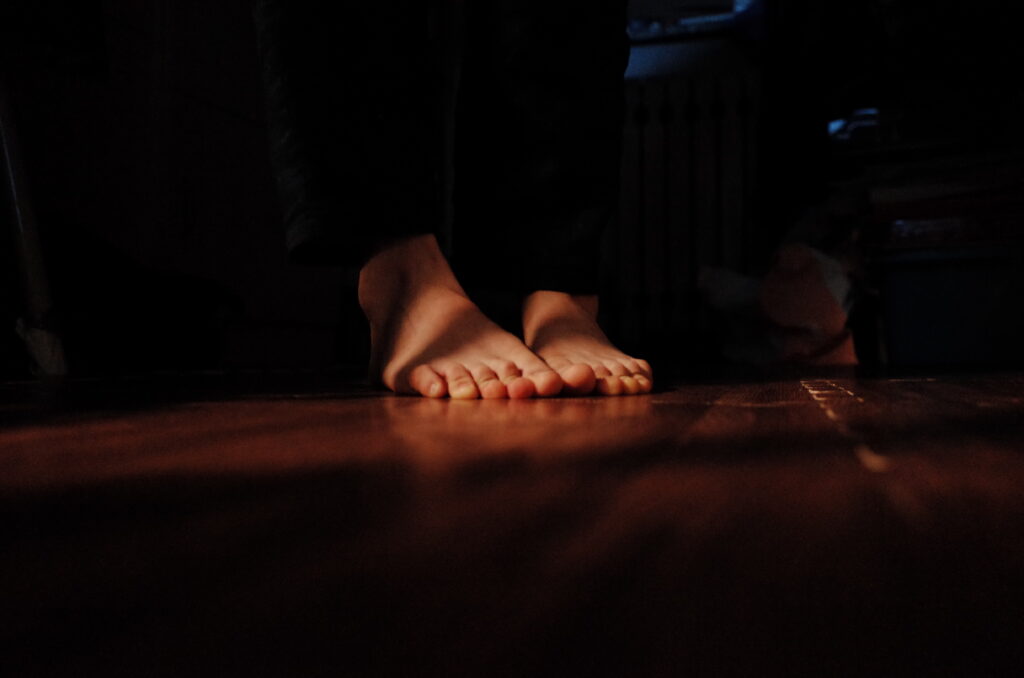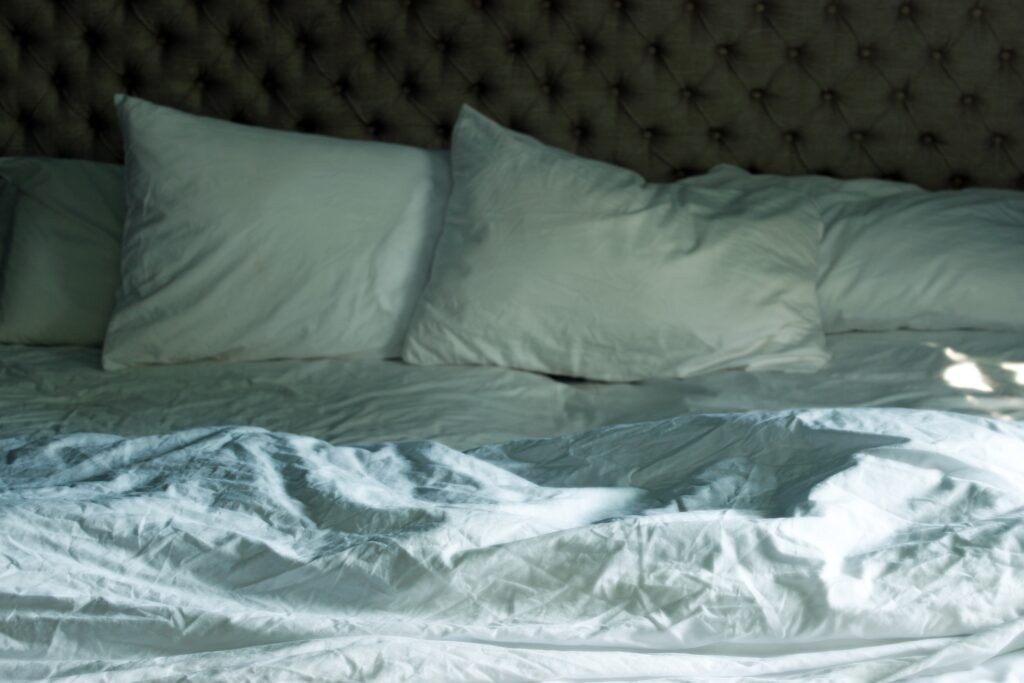Anxiety affects more than just your waking life—it can disrupt sleep patterns and contribute to parasomnias like sleepwalking. Learn how stress and anxiety may be linked to episodes of sleepwalking, what signs to watch for, and ways to manage your mental well-being for better sleep.
While anxiety doesn’t directly cause sleepwalking, it’s a known contributing factor. High stress levels can lead to fragmented sleep, increase nighttime arousals, and make parasomnias more likely—especially in people already prone to them. Understanding this link can help you manage both your mental health and sleep behavior more effectively.


When your mind is racing with worry, deep sleep becomes harder to reach—and easier to disrupt. Sleepwalking typically occurs during slow-wave sleep, and frequent disruptions from anxiety can trigger these episodes. Managing stress and adopting calming bedtime routines can help break the cycle.
Certain anxiety-related habits or events can increase the risk of sleepwalking. Identifying your unique stress triggers is a key step in reducing episodes.
Sudden emotional upheaval or unresolved conflict can disturb sleep cycles.
Pre-event jitters—before exams, interviews, or public speaking—can impact sleep depth.
Nocturnal panic or lingering daytime panic can interrupt healthy sleep stages.
DID YOU KNOW
Sleepwalking affects both children and adults, often running in families. Linked to mental health and long-term persistence, it’s more common than many realize and deserves better awareness and support.
Sleepwalkers often navigate familiar spaces without being aware.
Most episodes begin during the deepest stage of sleep.
Sleepwalking can last a few seconds—or up to 30 minutes.
It’s okay to wake a sleepwalker—they may just be a bit disoriented.
Children vs Adults
Family Connection
Experienced Doctor
Chronic Cases
EXPERTS’ POINT OF VIEW
Experts from various fields share their insights on sleepwalking, its causes, risks, and effective treatments, helping to raise awareness and improve understanding of this complex condition.
Clinical Psychologist & Sleep Researcher
Consultant Neurologist & Sleep Specialist
Sleep Medicine Specialist, Mass Eye and Ear
Clinical Psychologist & Sleep Specialist
FAQS
Get clear answers to common questions about how anxiety and sleepwalking may be connected.
Yes, especially when anxiety leads to poor sleep quality or frequent nighttime awakenings.
Anxiety increases brain arousal and disrupts slow-wave sleep—conditions where sleepwalking often begins.
Not always, but those with high anxiety levels may be more prone to it if other risk factors exist.
Establishing a calming bedtime routine, limiting screen time, and managing daytime stress can help.
Yes, children with anxiety may have more disrupted sleep and are generally more prone to sleepwalking.
If episodes are frequent, dangerous, or worsening, it's wise to speak with a healthcare professional.
Sometimes. While some medications can help reduce anxiety-related triggers, others might worsen parasomnias. Always consult a doctor.
Stay Informed & Empowered